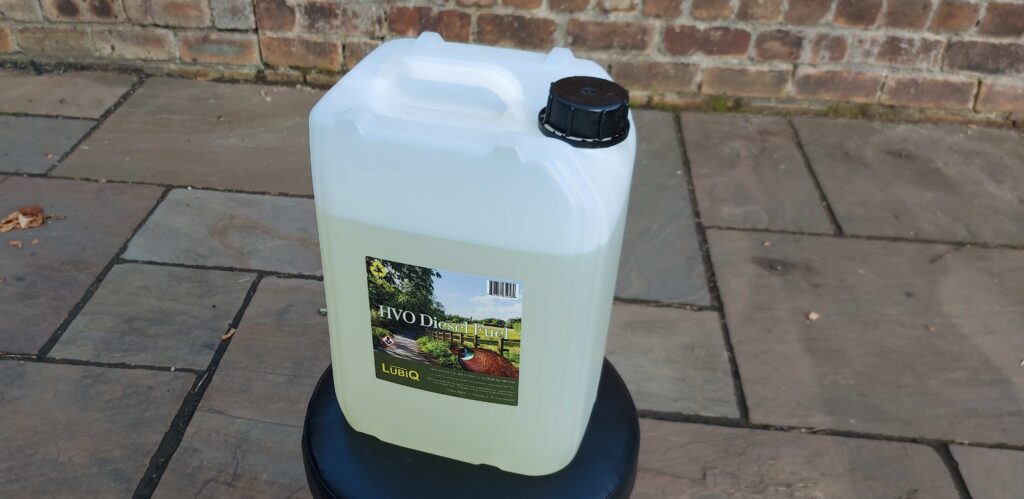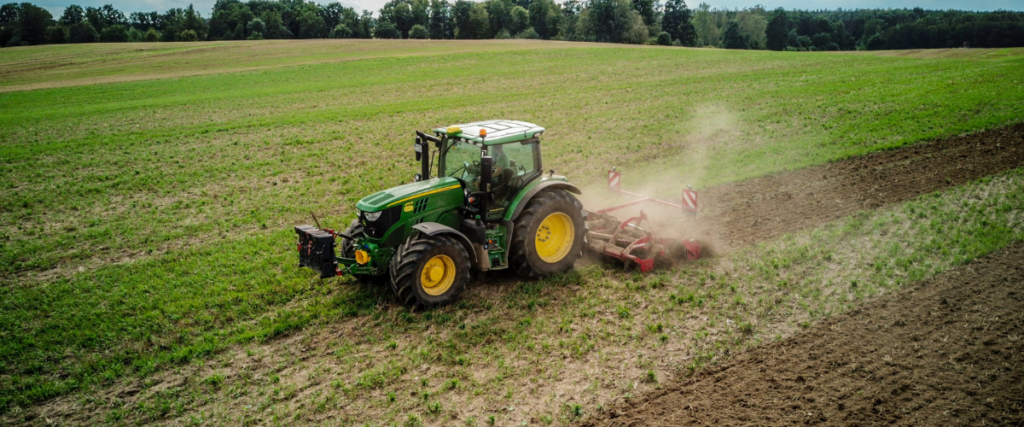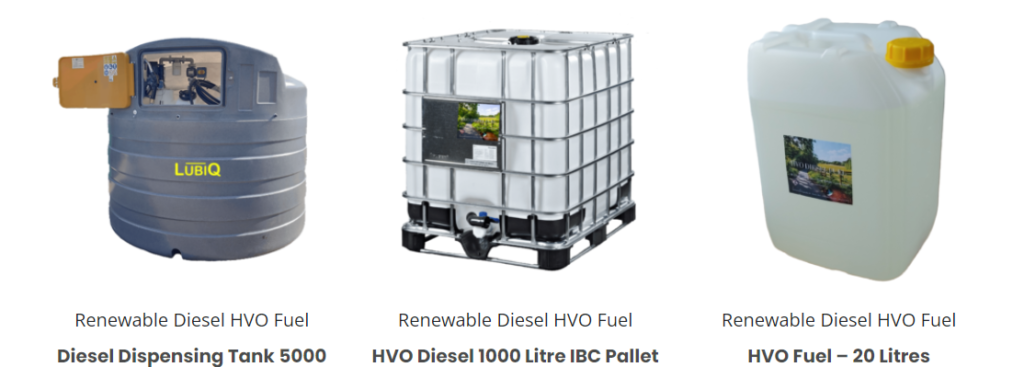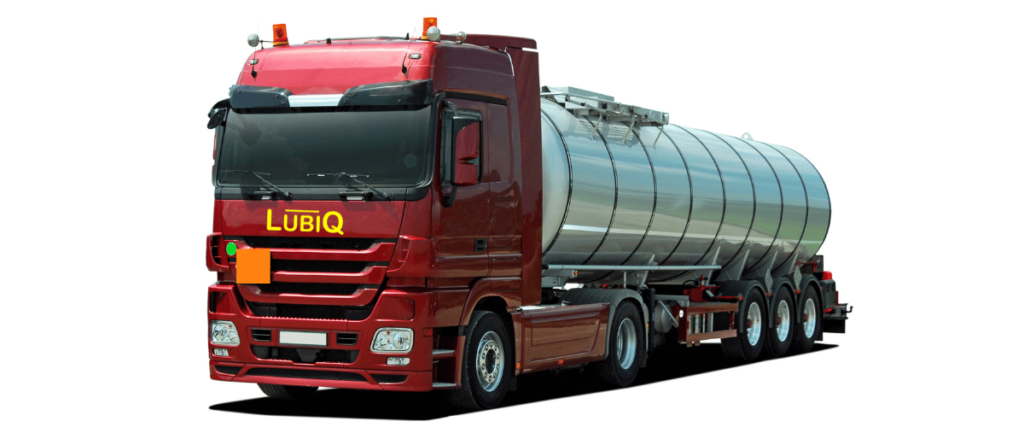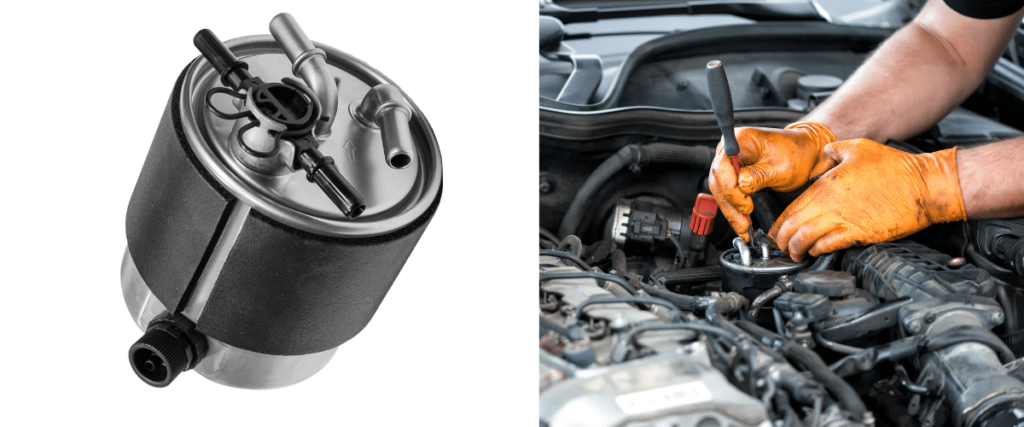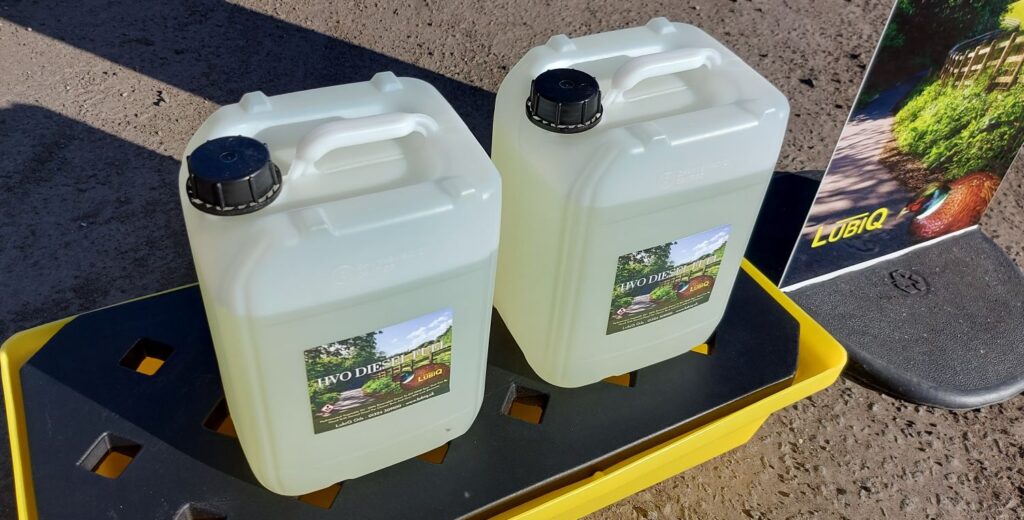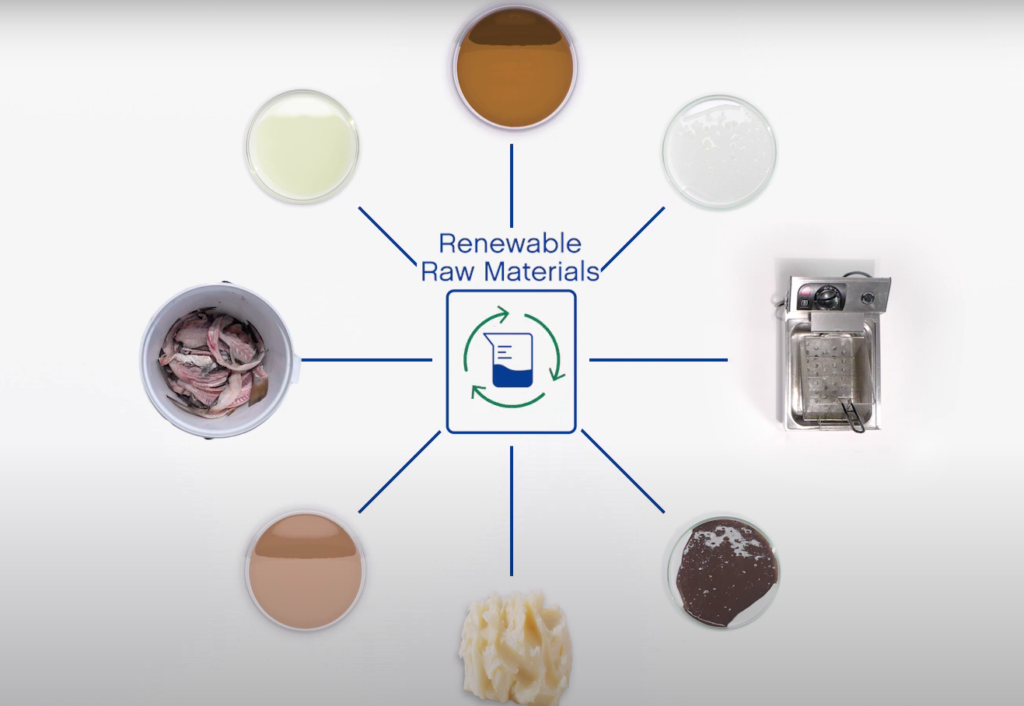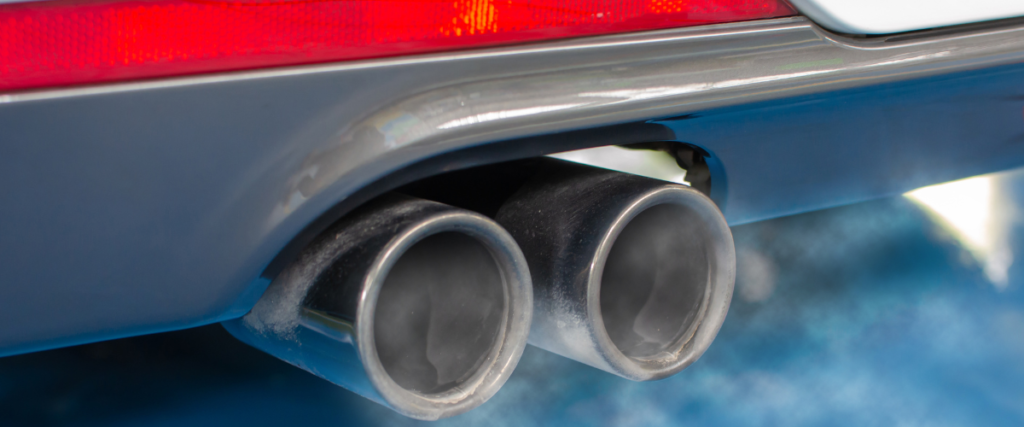Who Sells The Best Diesel Fuel In The UK?
When asking the question who sells the best diesel fuel in the UK it is important to understand the current, past, and future state of diesel fuel production so that we can understand beyond marketing slogans.
How Is The Bulk Of Diesel Fuel Made?
Mineral diesel fuel is largely made by the refining and cracking of natural crude petroleum oil at present. This involves heating and fractional distillation of the oil until different fractions come off including kerosene, jet A1 fuel, petrol, diesel, HFO, bunker fuel, bitumen, and LPG.

This is a splitting therefore of a remarkable natural product (crude oil) that was made by crushing of small sea creatures many centuries ago, trapped in deposits until extracted and processed.
This useful fossil resource yields a diesel fuel that includes sulphur and aromatics (the characteristic smell) and burns with a considerable smoke and soot plume. As with any natural product, this has varying length molecule chains and sub-optimal combustion and emissions performance.
When you think that diesel is just one of many product streams from crude, which is in itself variable, it becomes clear that the crude-to-refined process for normal (or so-called premium) diesel cannot easily offer a true premium diesel fuel.
It has been the norm for a century to obtain diesel this way, so we don’t tend to question it and as the supply chain from oil rig to pump yields a reasonable price and plentiful availability, it can be overlooked that there is real premium diesel available that is different from the ground up.
Diesel Additives And Detergents
There are a range of additives that can assist with clogged fuel filters, fuel injector spray patterns, and winter diesel treatments. The existence of a plethora of such products – some added at the refinery and some later – is further proof that mainstream diesel is not the best diesel fuel.
Another factor is the cetane number of the fuel which has to do with combustion quality and the products at forecourts marketed as premium diesel often have a higher number and larger amounts of detergent (claimed to keep engines cleaner).
Including FAME Biodiesel With Normal Diesel
It is arguable that well-priced diesel fuel in volume can only be made by the refining of fossil crude oil process and of course, a factor in finding who makes the best diesel is cost. Unfortunately, in a move to make this fuel ‘greener’, standard white diesel generally now contains 7% biodiesel blended in with it (you will notice a B7 on the pump handle).
This has really put normal diesel – in itself both variable and less than ideal – on the back foot. To be clear, this is a well-meaning move, but it has become a real headache from trains to taxis, cars, vans, diggers, and generators with clogged fuel filters, DPF filters and poor cold weather performance.

The term FAME means fatty acid methyl esters, and this is a biofuel produced from used cooking oils and plant oils via an esterification process. This product has done a lot of damage to the reputation of fossil mineral white diesel fuel and further downgrades it for buyers asking who sells the best diesel fuel in the UK?
There are however other biofuels in the diesel space that do very much answer to being the best diesel, namely HVO (hydrotreated vegetable oil), aka renewable diesel, that has none of the problems of biodiesel.
Synthetic Diesel Made From Waste
HVO renewable diesel tends to be focused on just for its carbon saving it but there is a great deal more to it as an alternative diesel fuel than the fact that users are saving a net 90% greenhouse gas emissions!
This is the best diesel by design, structure, cold weather performance, purity, storage factors, NOx levels, and sheer convenience as it can be mixed with normal DERV and no modifications are needed to vehicles.
It is not too much to say this is like a racing diesel, as it is synthetic and made from the ground up as high purity, no sulphur, or aromatics, high cetane number, and extremely clean burning.

HVO is the logical choice when for who sells the best diesel in the UK and it is sold by Phillips 66, Neste, Eni and LubiQ Fuels. In tests by the mtu (a Rolls-Royce company) they found diesel particulate emissions are reduced by up to 80 percent when hydrotreated vegetable oil is used and because it is made only from certified waste, HVO does not compete for precious foodstuffs.
Using HVO means the vehicle reduces AdBlue usage, will not clog in fuel filters, keeps injectors fantastically clean and reduces air pollution significantly.
These features apply across all sectors and boats or vehicles are notably smoother running with HVO, users with ride-on mowers that have no exhaust scrubbers or older diesel cars will have the best positive impact.
